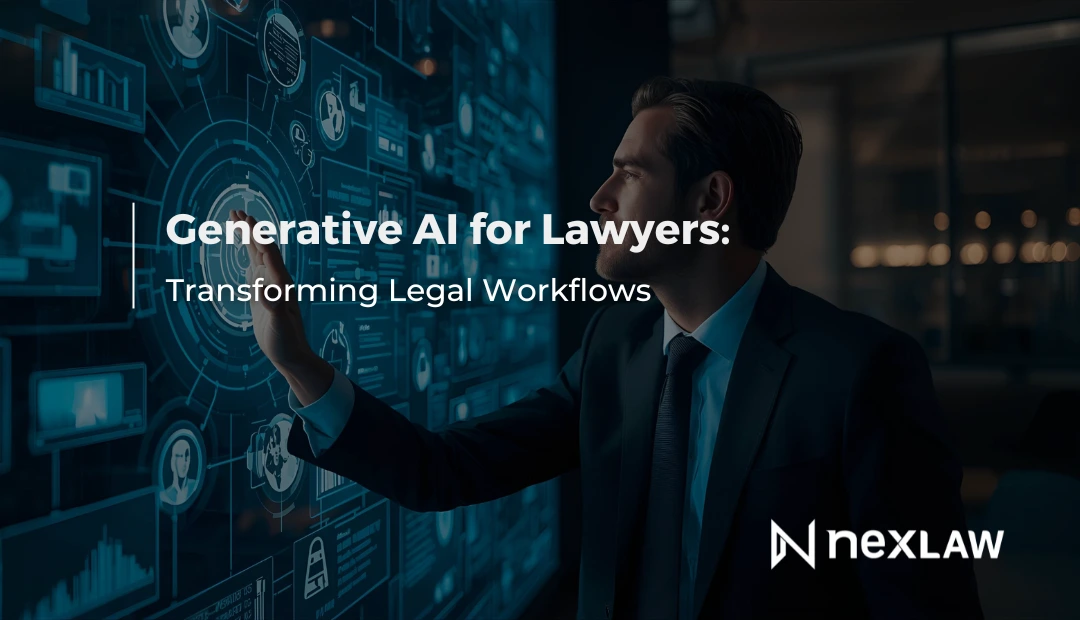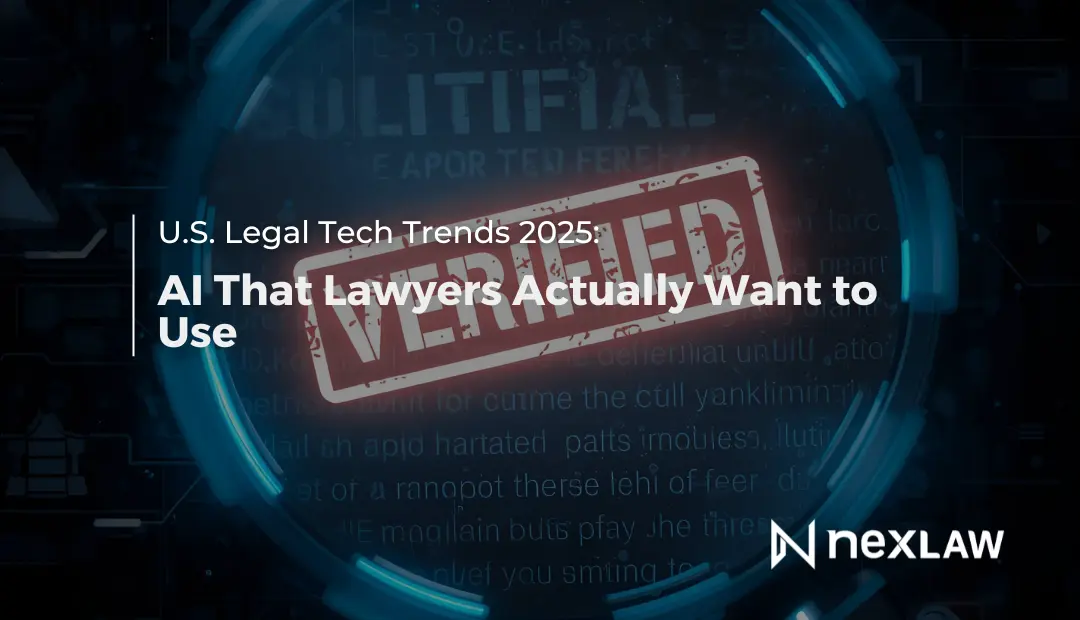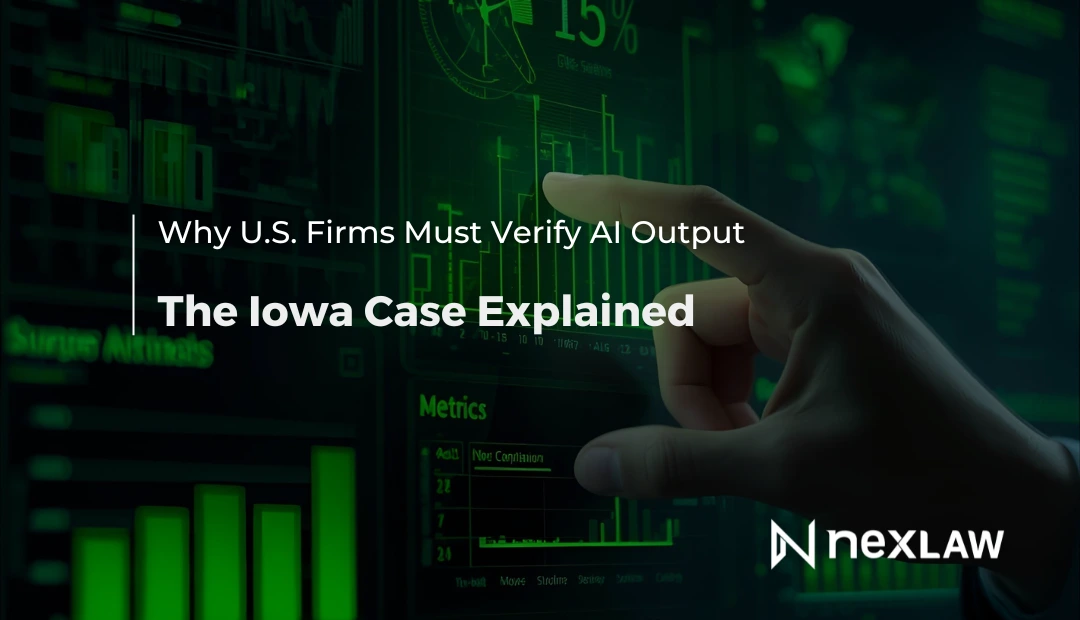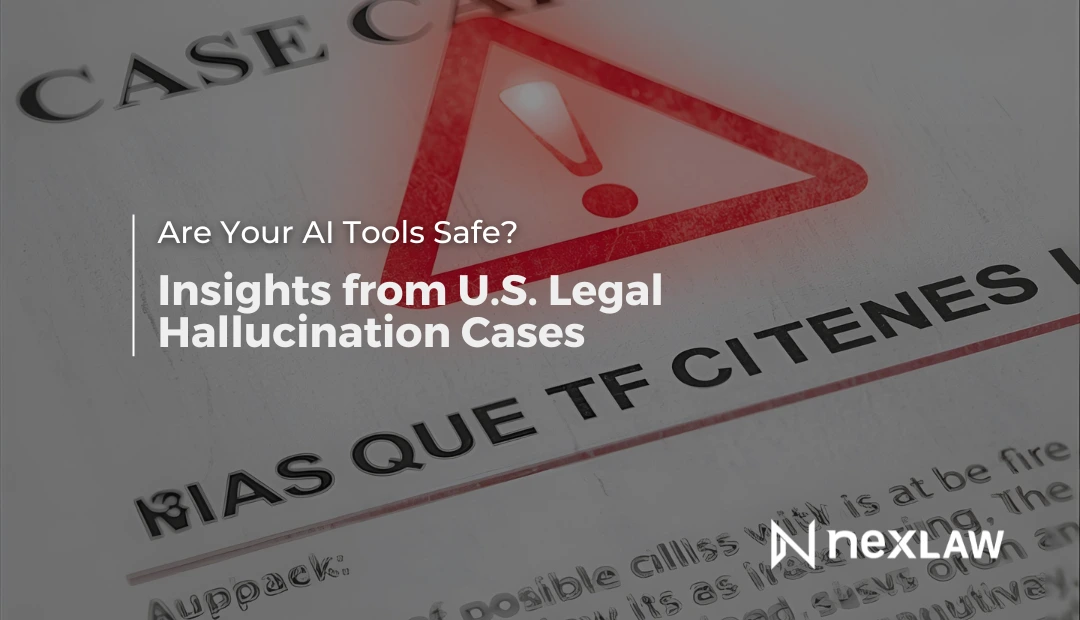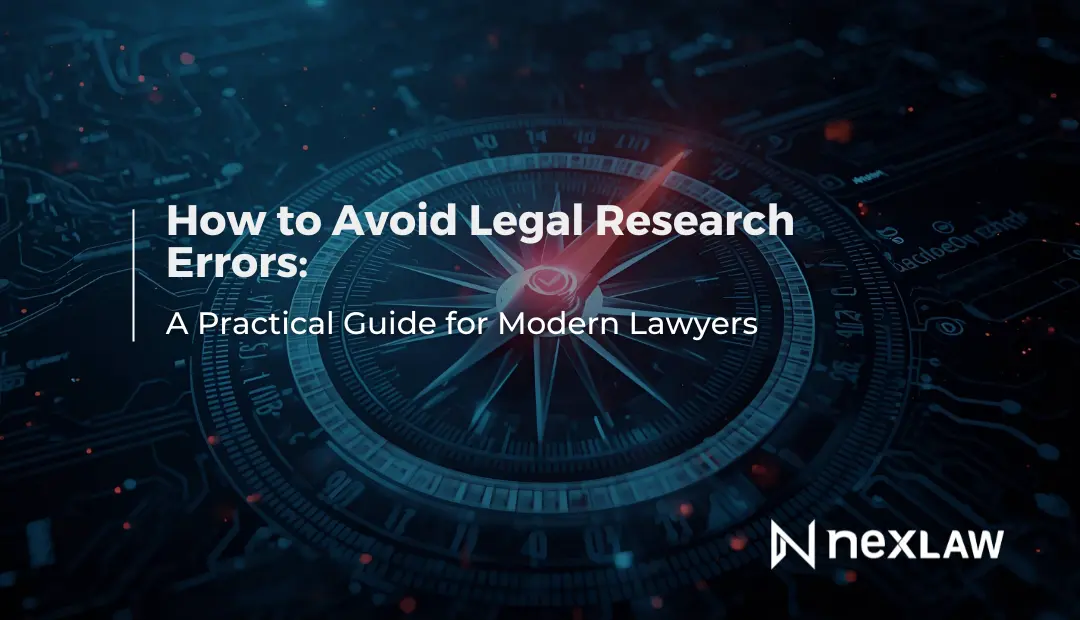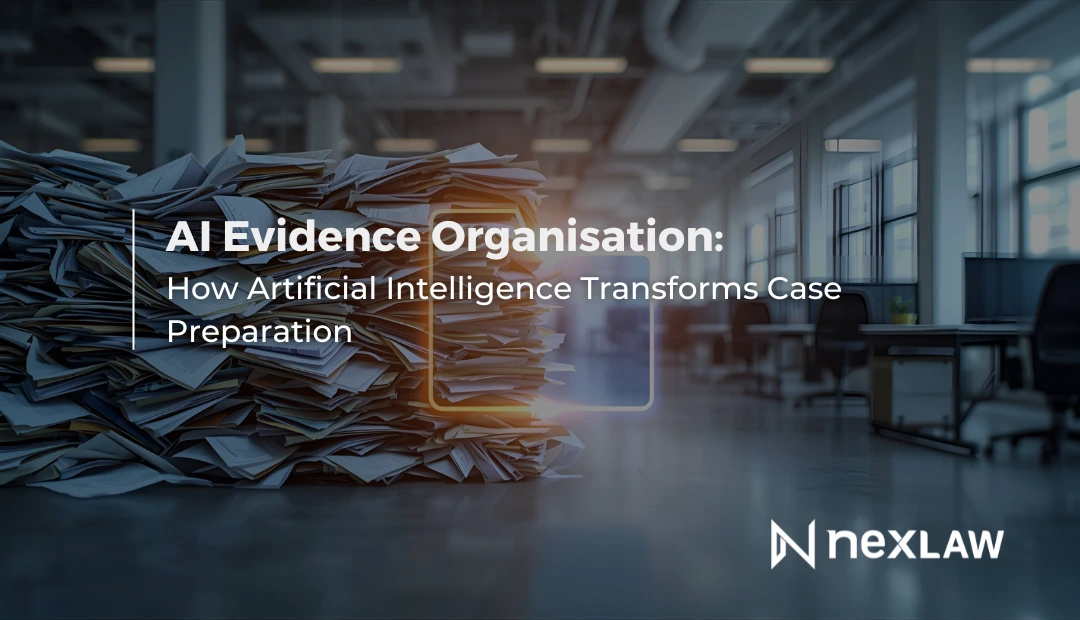Generative AI for Lawyers: Transforming Legal Workflows, Research, and Case Strategy
The legal industry is undergoing one of the biggest transformations in its history. For decades, lawyers relied on manual drafting, hours of research, and repetitive administrative tasks. Today, Generative AI for Lawyers is reshaping the entire workflow — from legal drafting to case analysis, compliance, evidence review, client communication, and strategic decision-making.
Unlock Legal Insights Instantly!
Unlike traditional automation tools that only follow preset rules, Generative AI (GenAI) learns from vast amounts of legal data and produces new, meaningful outputs: documents, summaries, arguments, insights, and predictions. For modern legal teams, GenAI is no longer a luxury — it’s a competitive necessity.
This in-depth guide explains what Generative AI means for lawyers, the risks, the limitations, and the practical ways law firms are already using it to boost accuracy and productivity.
What Is Generative AI for Lawyers?
Generative AI refers to machine learning models that create new content based on patterns learned from existing data. In the legal field, it is used to generate:
- Legal drafts
- Contracts and clauses
- Case Summaries
- Research insights
- Compliance checks
- Litigation strategies
- Knowledge graphs
- Risk assessments
These outputs are generated almost instantly, allowing legal professionals to save hundreds of hours per year.
Why Generative AI Matters in Law
Legal work is high-volume, detail-heavy, and time-sensitive. GenAI addresses many core challenges:
- Lawyers often spend 40–60% of their time on repetitive research and drafting.
- Human error leads to misinterpretations, missed clauses, and inconsistent arguments.
- Increasing client expectations require faster turnaround times.
- Competitive pressure pushes firms to deliver higher-quality work at lower cost.
Generative AI solves these issues by automating heavy workloads and enabling lawyers to operate at a higher strategic level.
10 Powerful Use Cases of Generative AI for Lawyers
1. Automated Legal Drafting
GenAI can create first drafts of:
- Contracts
- NDAs
- MOUs
- Legal opinions
- Motions
- Letters and notices
Lawyers then refine these drafts, significantly reducing time spent on groundwork.
2. Advanced Legal Research Assistance
Generative AI analyses case laws, statutes, regulations, and legal arguments to produce:
- Instant research summaries
- Key precedents
- Relevant case interpretations
- Jurisdiction comparisons
It reduces research time from hours to minutes.
3. Evidence Review and Organisation
Combined with AI-powered analysis, Generative AI helps:
- Sort evidence
- Extract key facts
- Summarise depositions
- Spot contradictions
- Connect evidence to legal issues
This improves the accuracy of complex litigation preparation.
4. Contract Review and Risk Detection
GenAI highlights:
- Missing clauses
- Ambiguous terms
- Compliance risks
- Liability exposures
- Unusual contract patterns
This significantly strengthens legal due diligence.
5. Drafting Case Strategies
Generative AI helps create structured frameworks for:
- Litigation arguments
- Defence strategies
- Negotiation positions
- Cross-examination questions
It gives lawyers a strong analytical starting point.
6. Compliance and Regulatory Analysis
GenAI simplifies compliance by:
- Identifying regulatory obligations
- Reviewing policies
- Summarising updates
- Generating compliance reports
This is especially valuable for highly regulated industries.
7. Client Communication & Intake Automation
GenAI can generate:
- Email replies
- Consultation documents
- Client summaries
- FAQ answers
- Case progress updates
This reduces administrative burden on legal teams.
8. Legal Data Interpretation
With the ability to read thousands of documents, GenAI extracts:
- Entities
- Legal issues
- Dates and timelines
- Contract relationships
- Fraud indicators
- Financial inconsistencies
It turns raw legal data into structured intelligence.
9. Knowledge Management
Law firms lose knowledge when lawyers leave. GenAI creates:
- Internal knowledge bases
- Precedent libraries
- Template repositories
- Best-practice guides
This protects the firm’s intellectual capital.
10. Predictive Insights
While not 100% determinative, GenAI can assist with:
- Outcome prediction
- Settlement likelihood
- Risk exposure
- Cost estimation
- Timeline forecasting
It helps lawyers make more data-driven decisions.
How Generative AI Improves Quality and Accuracy
Generative AI enhances accuracy through:
- Consistent clause analysis
- Zero fatigue, zero oversight
- Data-driven evidence connections
- Reduced drafting errors
- Clearer argument structure
- Better time allocation for review and strategy
Instead of replacing lawyers, GenAI frees them to perform the highest-value work.
Risks and Ethical Considerations
Law firms must manage certain risks:
-
Hallucinations (Incorrect Information)
AI can generate false statements if not properly validated. -
Confidentiality and Data Security
Sensitive client information must be protected with secure AI platforms. -
Bias in Outputs
GenAI must be trained and tested for fairness. -
Over-reliance on AI
Lawyers must maintain oversight and final authority. -
Professional Responsibility
Ethical rules require transparency and human supervision.
With the right controls, these risks can be mitigated fully.
How Law Firms Can Implement Generative AI Effectively
-
Start With a Single Use Case
Research, drafting, evidence organisation, or contract review. -
Use a Legal-Specific AI Tool
General tools are not trained on legal standards. -
Combine GenAI With Your Existing Workflows
Not a replacement—an upgrade. -
Train Your Team
Lawyers must know how to prompt, review, and validate outputs. -
Maintain Human Oversight
Always review GenAI-generated text carefully.
Why NexLaw.ai Is a Leading Platform for Generative AI in Law
NexLaw.ai offers advanced GenAI capabilities tailored specifically for legal teams:
- Legal drafting assistant
- AI-powered legal research
- Evidence organisation and analysis
- Contract review automation
- Insights through graphs, trends, and analytics
- Secure cloud infrastructure
- Custom workflows for law firms
- Real-time collaboration tools
- Topic network graphs
- AI-powered summaries and recommendations
This makes NexLaw a complete AI system for modern lawyers.
The Future of Generative AI for Lawyers
In the next 3–5 years, GenAI will become fully integrated into legal practice:
- Automated litigation preparation
- Real-time legal analysis
- AI-assisted court submissions
- Virtual legal assistants
- Fully automated knowledge management
- Predictive case modelling
- AI-supported client advisory
Firms adopting GenAI early will gain a major competitive advantage in speed, cost, and quality of service.
Conclusion
Generative AI for lawyers is transforming how legal professionals work — improving speed, accuracy, research quality, evidence management, and strategic decision-making. With the right tools and ethical oversight, GenAI becomes a powerful partner that enhances—not replaces—the expertise of lawyers.
Ready to see how NexLaw’s Generative AI transforms your legal workflow? Click here to book a personalised demo today.
